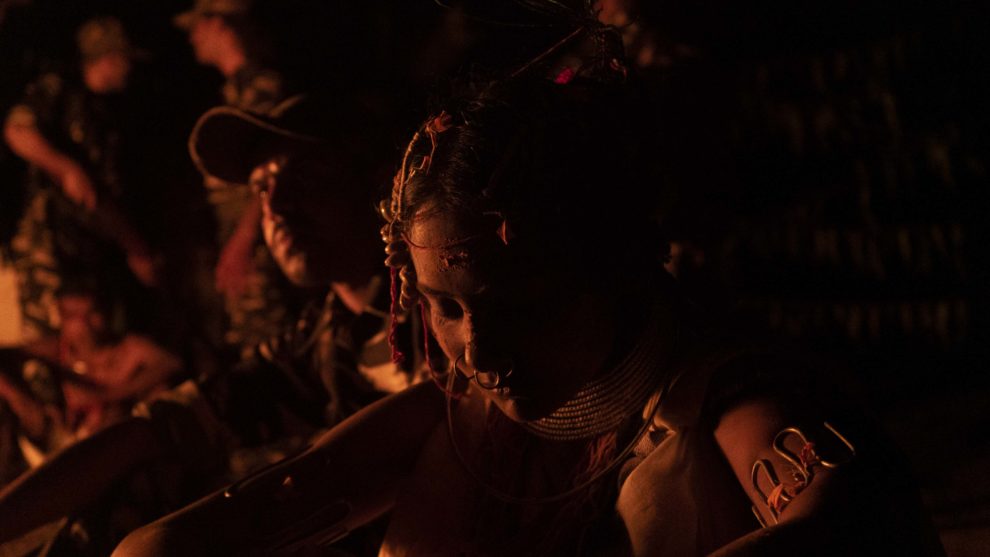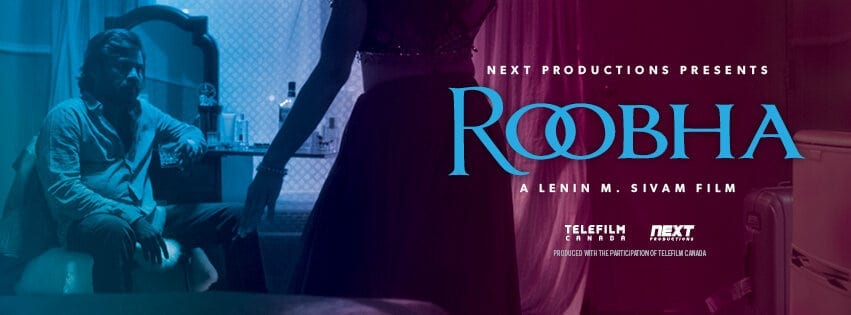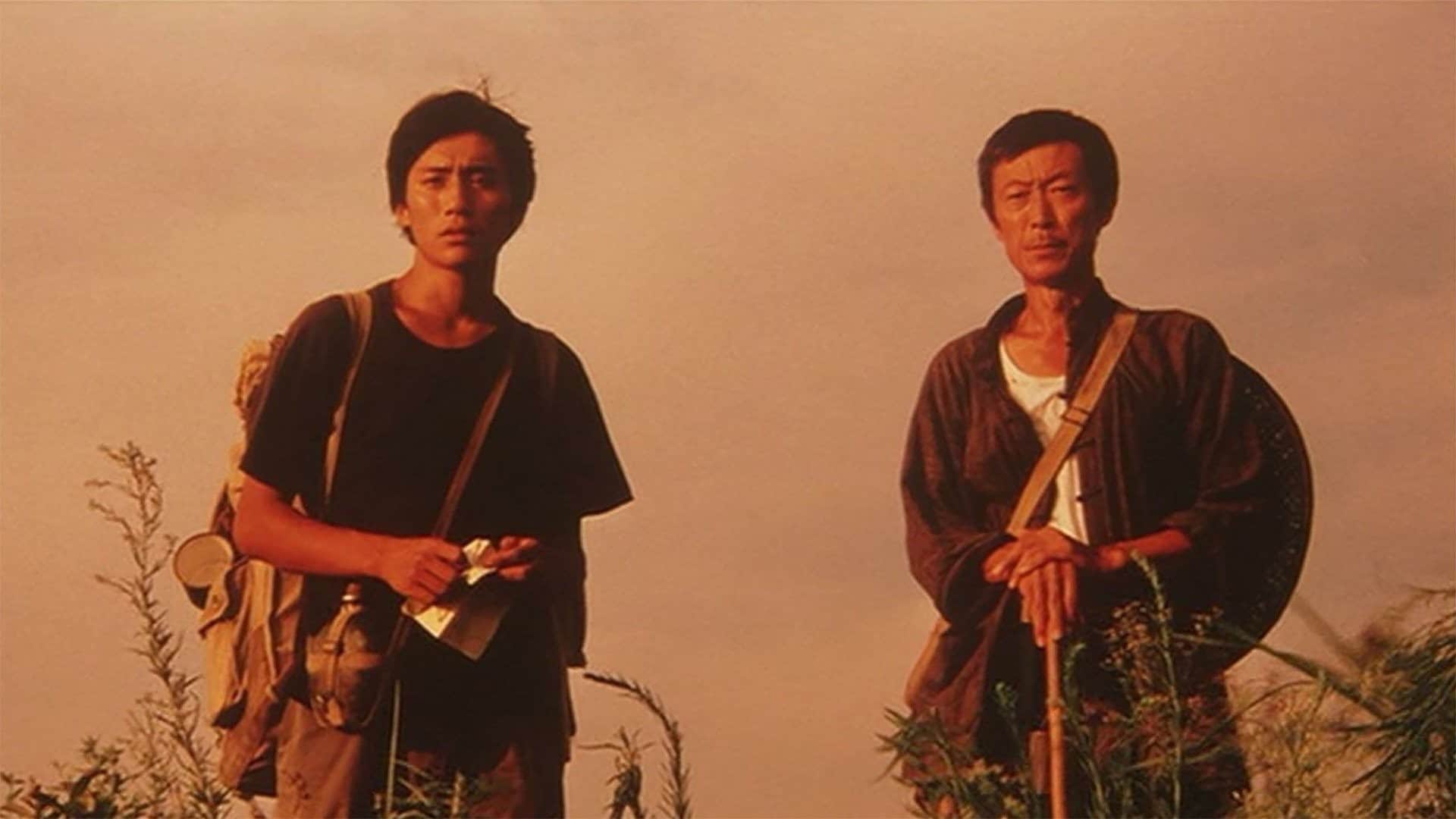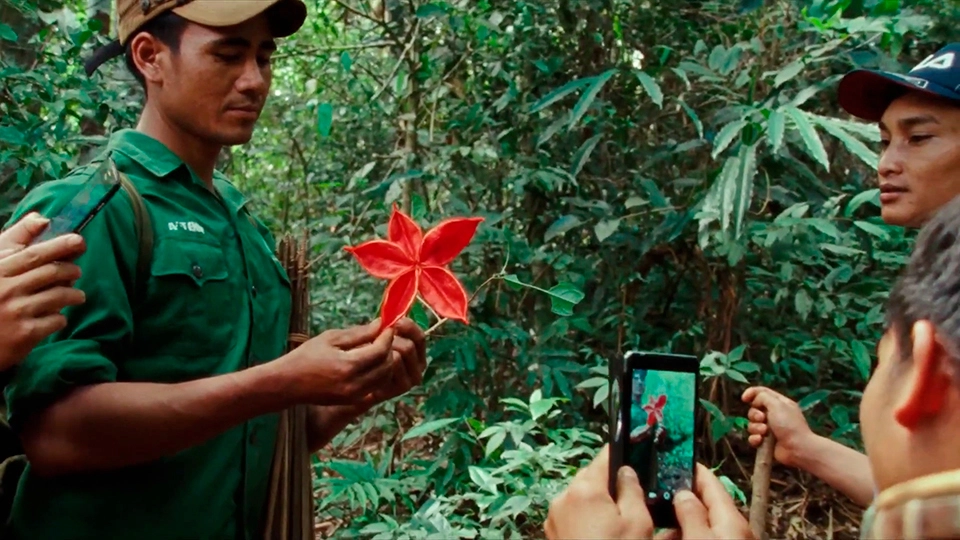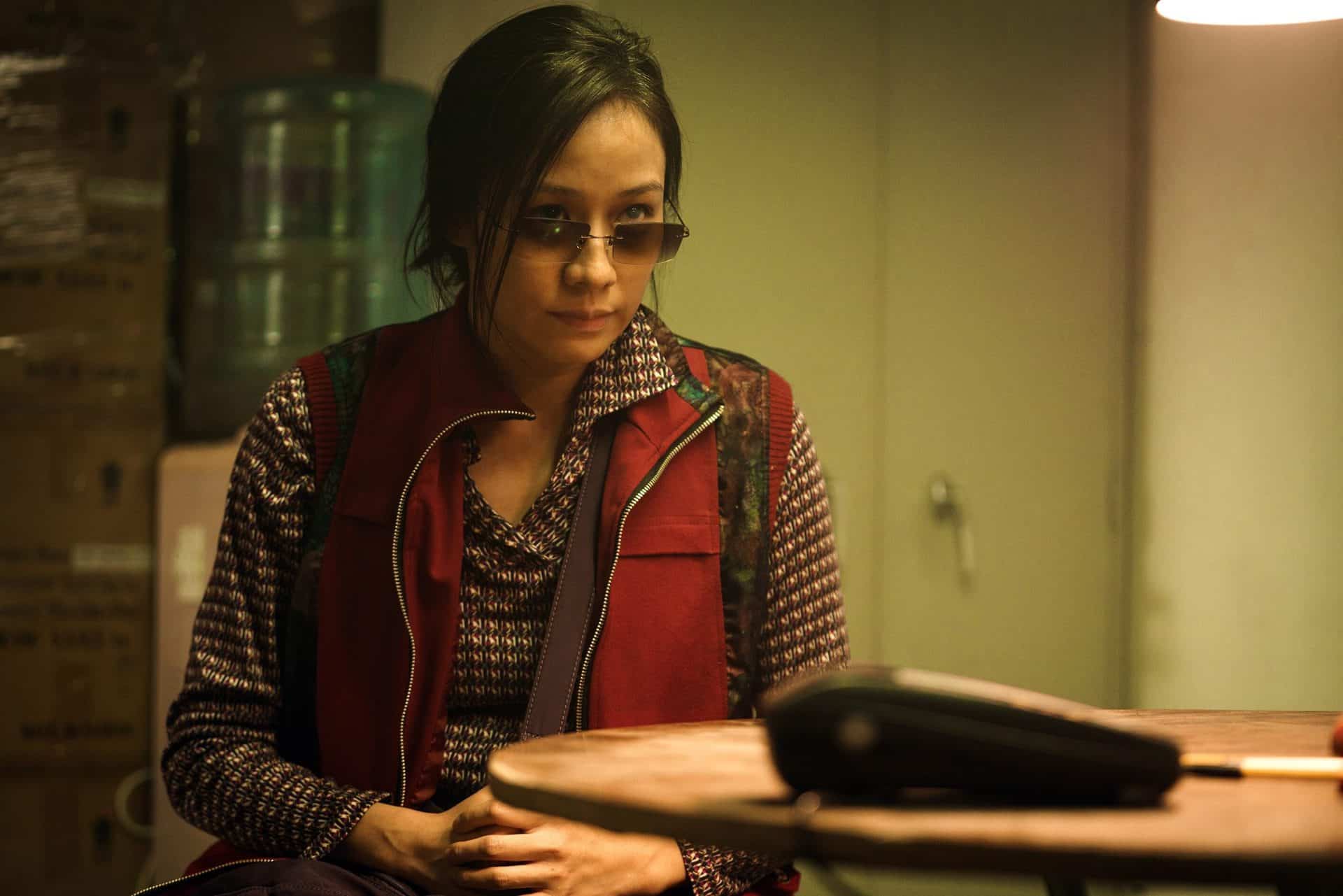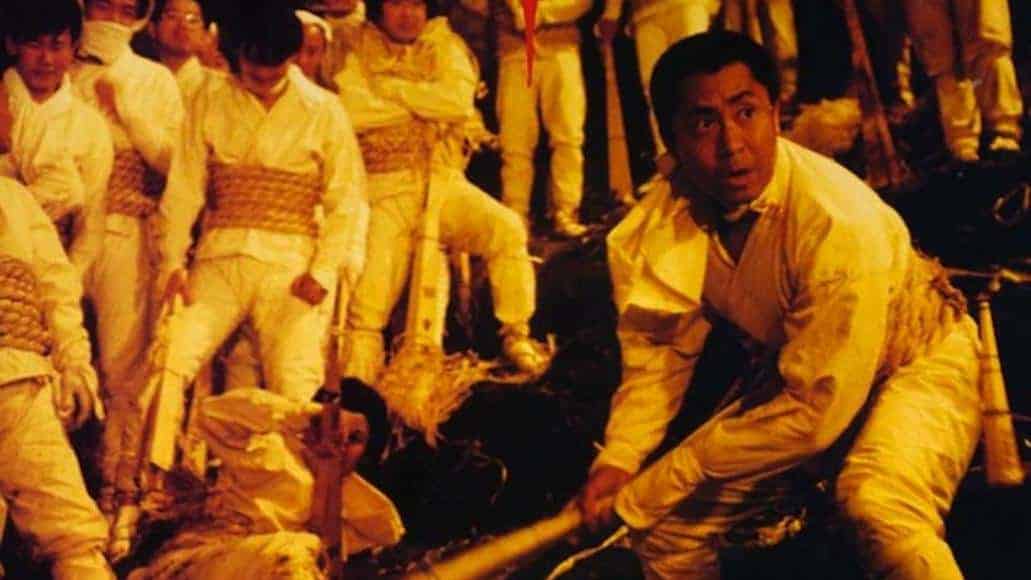Following the excellent “Ajji” and “Bhonsle”, Devashish is now moving into a different direction, adapting a published short story of his own, into the short film “Cycle”, a multilingual production shot on a phone camera as found footage, filmed in three uninterrupted long takes in the jungles of Madhya Pradesh, with a large and ethnically varied cast, most of whom were facing a camera for the first time.
Something Blue review is part of the Submit Your Film Initiative

The film begins in truly horrendous fashion, with a number of soldiers having entered a tribal village, in search of a woman named Kariya, and one of them shooting what is happening with his phone. The search, however, is anything but peaceful, as the man in charge orders one of his soldiers to strip and rape a young girl named Bela, while a number of others are ordered to hit a man laying on the ground. All the time, the man in charge keeps insisting for the soldier holding the phone to record what is happening.
The next scene brings to another setting, where a woman from the city is recording a group of guerillas, in order to show to the people from the city, why someone like Kariya, who is actually the one in front of the camera, and tribal people in general, pick up weapons and join military groups. As the girl says that she did so in order to exact revenge from the people who burned her village, the woman who is recording asks her repeatedly to sing. As she begins to do so, the camera focuses on another young woman who is placed a bit further in the back, cutting her hair on her own. Kariya reveals that the name of the girl is Bela.
In the third part, the same woman is following Bela with her camera phone, while she is beating a man with her rifle. The events of the first part come full cycle here, with the consequences being presented in the most eloquent and brutal fashion.
Using violence in order to send an anti-violence message is not exactly an easy thing to do, since hitting the reef of sensualizing such events (as in the case of exploitation movies for example) is quite easy to happen. Devashish Makhija has proven before, however, that he has a knack of using scenes that can only be described as brutal, in order to show where and how violence is created, and thus sending anti-violence messages. And thus he does in “Cycle” also, presenting a comment that states that evil acts are actually symptoms of particular situations, in this case racism against tribal people, and subsequently, revenge, through the consequences of the horrid events depicted in the first segment.
Apart from context, though, the short is impressively shot, with the changing in shooting style and aspect ratio (from 9:16 to 16:9 and back again) working excellently here, highlighting the job done by the three DPs, Vivekanand Daakhore, Bhumika Dube, Jacky Bhavsar, who implement three completely different visual styles for each one of the three segments. At the same time, Makhija's direction handles the overall rhythm excellently, as he starts with tension, relaxes, and brings tension back again in the last segment, thus keeping the interest of the viewer for the whole of the almost 20 minutes of the movie, without allowing the film to become tiring even for a second, something that could have happened if the whole short continued as the first segment. His own and Ronak Singh's editing is also top-notch, mostly for the aforementioned sequence of the segments.
Lastly, the acting fits the aesthetics of the movie to perfection, through an approach that is raw and realistic, in documentary-like fashion.
“Cycle” is an excellent short that highlights Makhija's ability of handling violence in a way that sends pointed but very realistic messages.


